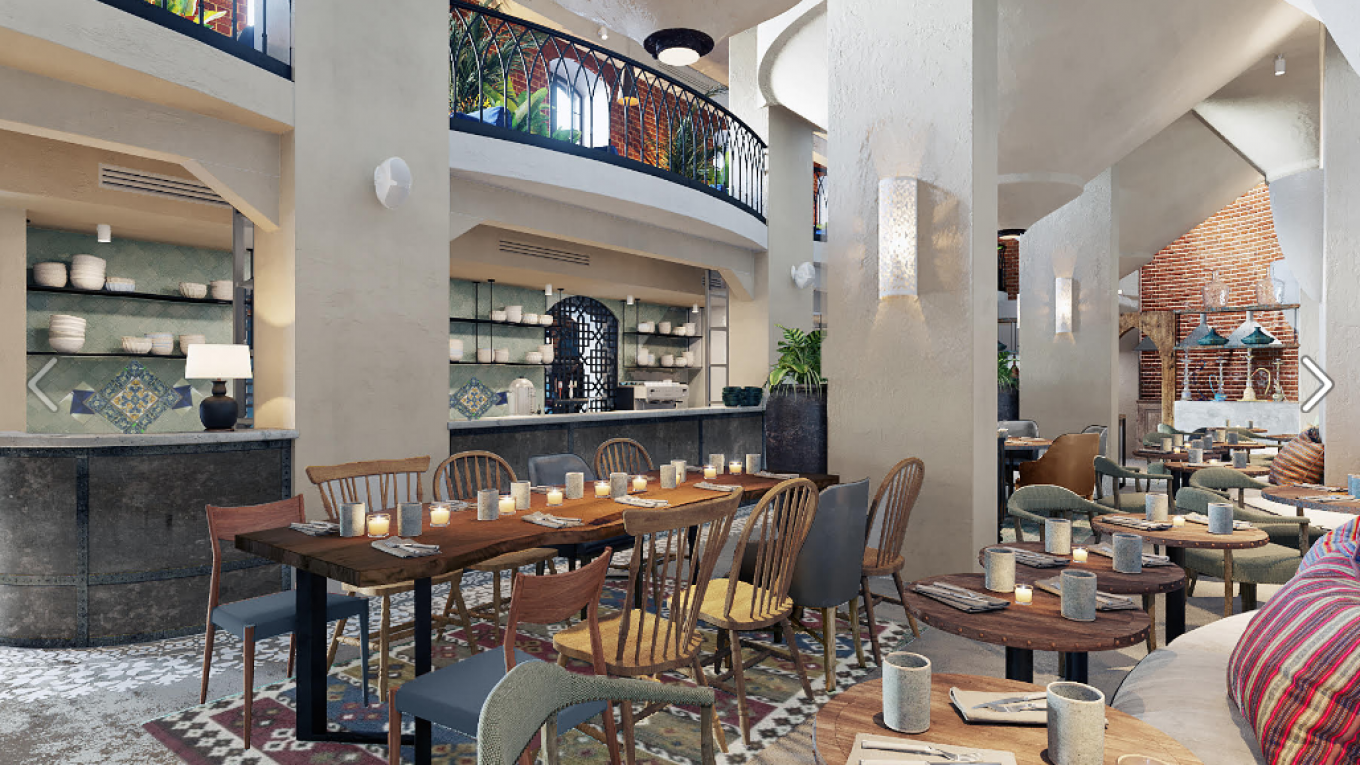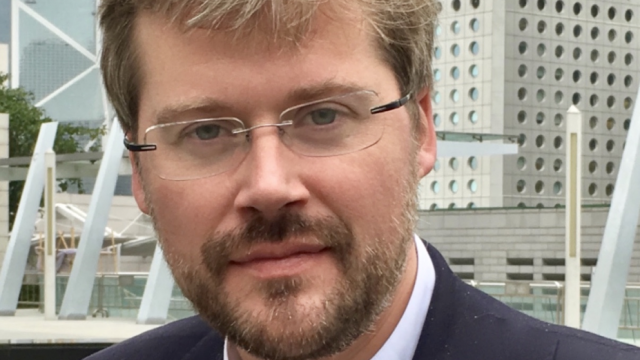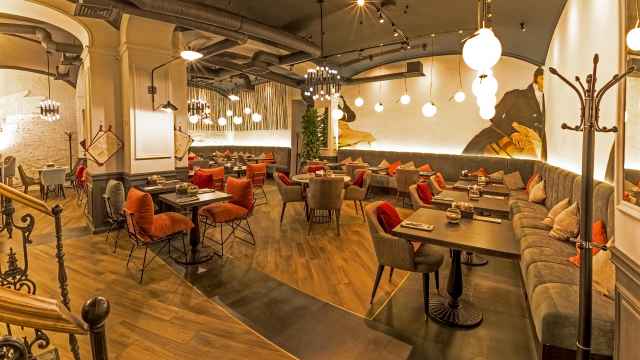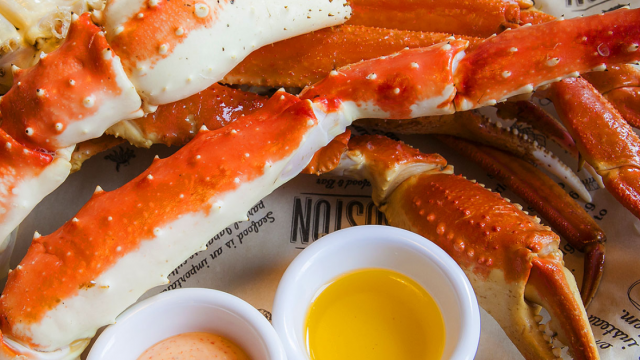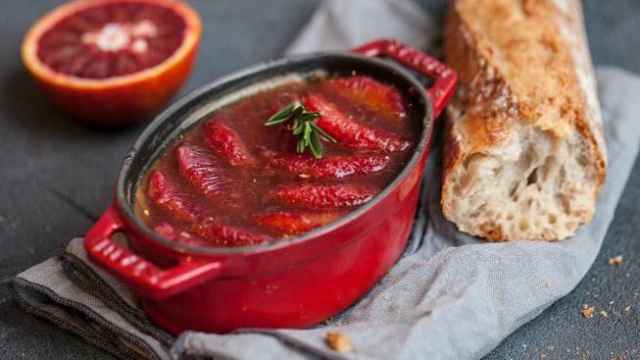It’s no surprise that Morocco has attracted generations of Western travelers in the last century: Tantalizingly close to Europe, it’s an intoxicating assault on the senses, an alien land of startling beauty, disarming hospitality and ancient traditions.
The cuisine is as kaleidoscopic as the country’s cities, medinas and markets. The pillars of Moroccan food are olives, chickpeas, preserved lemons and couscous, allied with the trinity of saffron, harissa (a paste made from red chilis and other spices) and ras el hanout, a medley of top-quality spices. This all finds its ultimate expression in the tagine—a slow-cooked meat and vegetable stew typically served in a ceramic pot with a conical lid.
So it’s a mystery that Moroccan cuisine has yet to take off in Moscow, but two of the biggest names on the local dining scene are doing their bit. Arkady Novikov and Uilliam Lamberti have joined forces to open Nofar, one of the latest recruits to the growing restaurant scene around Kievskaya.
It’s not easy to find, hidden in a building that was formerly part of the Badayev brewery complex, a fenced-off zone undergoing largescale renovation.
Although Nofar pitches itself as a Moroccan restaurant, connoisseurs will quickly spot that around half of the items on the menu appear distinctly Israeli/Lebanese. In fact, the restaurant takes its name from the woman who developed the menu, who comes from Israel. The brand chef? Also from Israel. In fact, there’s not a Moroccan in sight.
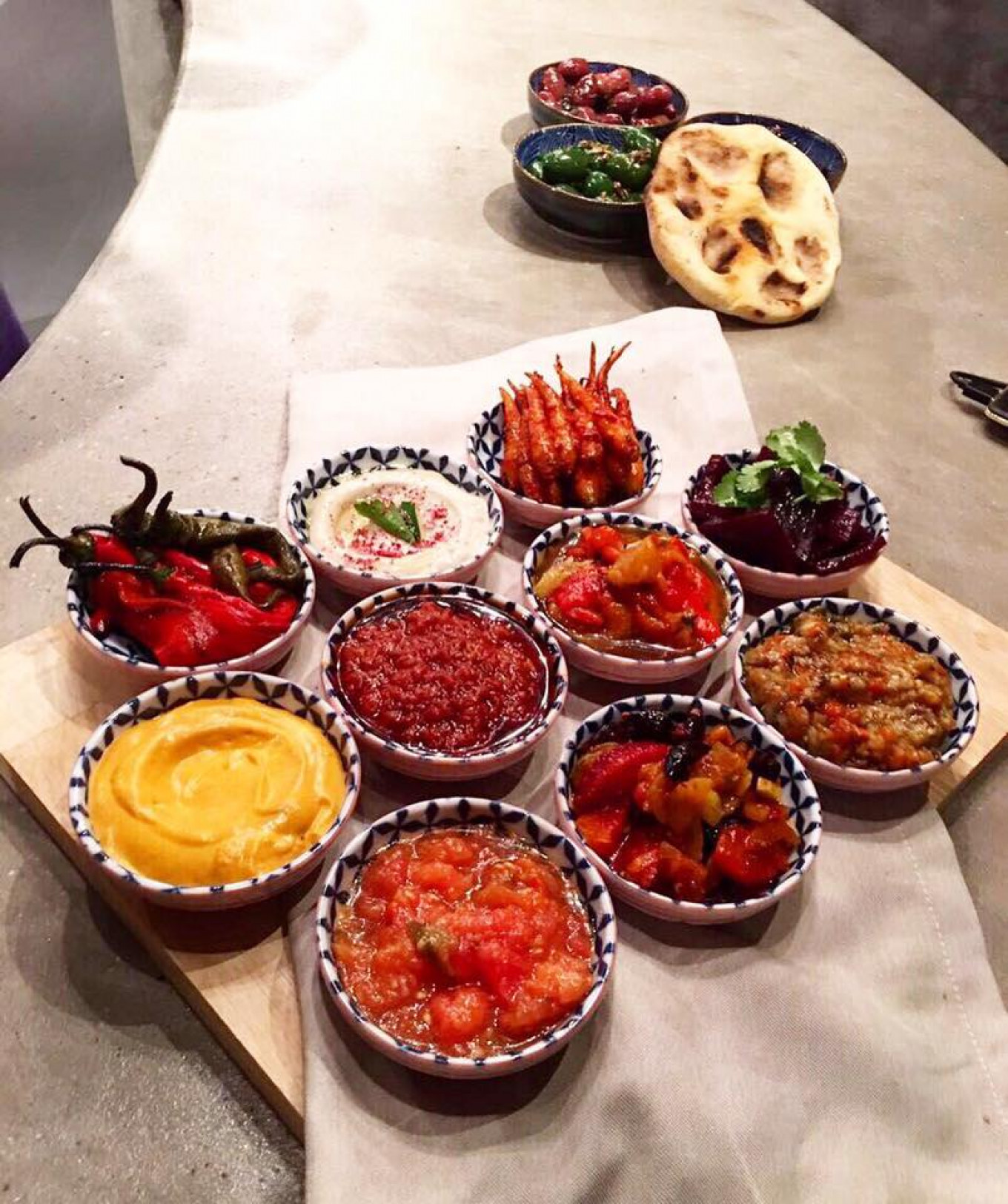
Still, at least Nofar offers tagine, and what a tagine it is. A version of the dish with rabbit, dried fruit and ras el hanout for 900 rubles ($16) turned out to be a contender for the best dish I have ever enjoyed in Moscow—a heavenly mound of tender coney, red onion, potato and golden raisins soaked in a symphony of spices.
So the decision to serve it buried under a compost heap of dill fronds was all the more mind-boggling—haven’t we moved on from this? When asked for an explanation—and for the record, Moroccan cuisine does not use dill —the waitress blushed and proffered excuses, arguing that the popularity of the “herb” in Russia justified the decision. Happily the weed was easily removed.
The accompanying couscous was steamed to perfection and passed the key test, breaking easily into separate grains, its creamy fluffiness the perfect companion for the heady spices of the tagine.
The appetizers are a selection of meze in small dishes at 300 rubles apiece. The waiter’s recommendation of creamed eggplant with paprika was no more than an overpriced cracker dip, but the roasted carrot salad with harissa was a true Moroccan tapa, with tangy tones of garlic, coriander and chili.
Moroccans drink so much mint tea that it is known as “Moroccan whiskey,” and Nofar’s (400 rubles) is the equal of anything you’ll get there, without the sugar. Here it’s served as it should be, stuffed with fresh mint, and the addition of red peppercorns and cinnamon lends it the subtlest tones of spice.
There are two dining halls and a mezzanine, but make sure you get a table in the inner hall, which is lavishly decorated with bright cushions, rugs and comfy sofa seating. Nofar may be half-Israeli, but come for the tagine and you won’t regret it.
A Message from The Moscow Times:
Dear readers,
We are facing unprecedented challenges. Russia's Prosecutor General's Office has designated The Moscow Times as an "undesirable" organization, criminalizing our work and putting our staff at risk of prosecution. This follows our earlier unjust labeling as a "foreign agent."
These actions are direct attempts to silence independent journalism in Russia. The authorities claim our work "discredits the decisions of the Russian leadership." We see things differently: we strive to provide accurate, unbiased reporting on Russia.
We, the journalists of The Moscow Times, refuse to be silenced. But to continue our work, we need your help.
Your support, no matter how small, makes a world of difference. If you can, please support us monthly starting from just $2. It's quick to set up, and every contribution makes a significant impact.
By supporting The Moscow Times, you're defending open, independent journalism in the face of repression. Thank you for standing with us.
Remind me later.


